Avocados are popular among vegans and non-vegans alike. They’re creamy, delicious, and nutritious. Who can say no to that? Well, some vegans have.
Vegans don’t just avoid eating meat but also everything that could cause suffering to a living creature. Therefore, it comes as no surprise that vegans may have some concerns regarding avocados and the ethics behind their farming. Unfortunately, being fruits didn’t save avocados from becoming a controversy.
So, if you’re wondering, “are avocados vegan?”, we’re here to break it down for you.
The Short Answer
It comes down to your position on the vegan spectrum. As plants, rather than animal-based products, avocados are vegan. However, the controversy lies in the infamous exploitation of bee labour, primarily through migratory beekeeping, to pollinate avocados and other crops.
For that reason, many strict vegans avoid all crops that depend on bee pollination, while others, including vegan experts, adopt a more practical understanding of veganism that allows eating such crops.
Avocado and Bees
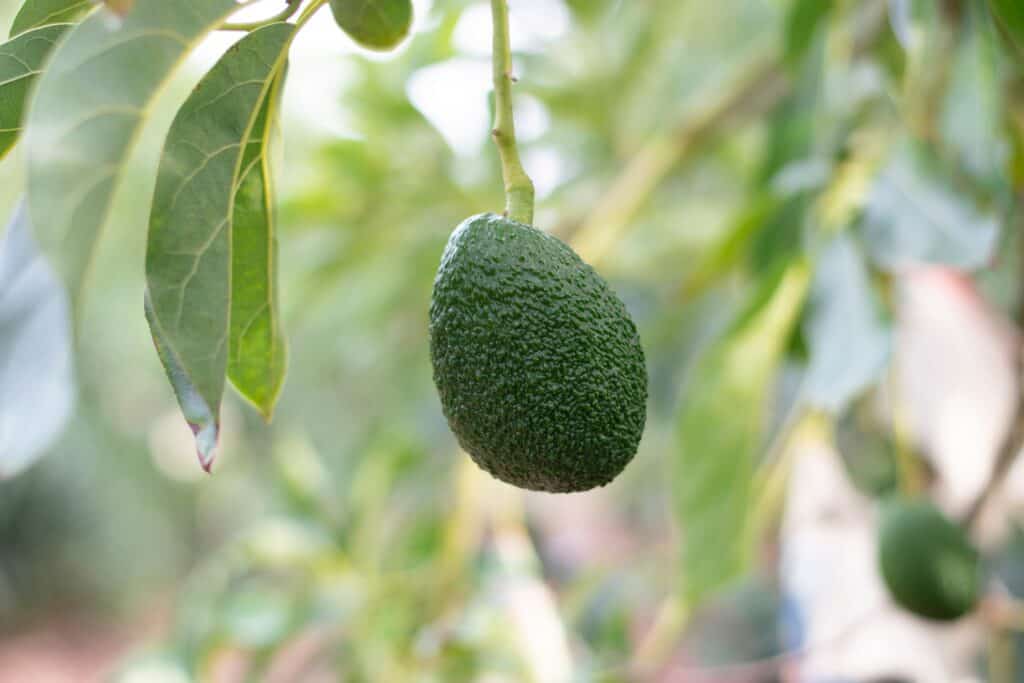
Where the Controversy Began
You may be wondering, “aren’t avocados fruits? So, how aren’t they vegan?” The controversy started with a viral segment from a 2018 episode of the BBC comedy panel game TV quiz show, QI.
In this segment, the host asked, “Which of these can you eat if you are a strict vegan?” and showed pictures of avocados, almonds, melons, kiwis, and butternut squash. The contestant answered that a strict vegan can eat any of them. To their surprise, the host responded, saying that all of them aren’t suitable.
The host explained that, like honey, most commercial farming of avocados and the crops mentioned above happens unnaturally and relies on bees, mainly migratory beekeeping. In that process, bees are forced to travel long distances in trucks to places where there aren’t enough native bees to pollinate these plants.
This opinion suggests that these crops and many others aren’t vegan or that strict vegans should avoid them altogether since they come at the expense of the exploitation of bees, they’re.
How OG Vegans Responded
Since this segment sparked a debate about whether many fruits, vegetables, seeds, and nuts are actually vegan, vegan experts and public figures had to intervene.
Dominika Piasecka, a spokesperson at The Vegan Society, stated that “Vegans avoid using animals as far as possible and practicable. We are aware that many forms of farming involve indirect harm to animals.” Since The Vegan Society was the first organisation to define veganism, what it had to say carried a lot of weight.
She also added that “we do not consider that because it is not possible to avoid 100% of animal cruelty, suffering, and exploitation, that we should not bother at all. Vegans make a huge contribution to the reduction in suffering and death caused to animals. We welcome any changes made to farming practices that support this.”
This opinion is extremely important because we don’t live in a 100% vegan world, which makes it pretty difficult to track the exploitation of insects and animals behind everything we eat or use.
The realistic outlook on many crops not being 100% vegan is also mirrored in a statement by PETA’s executive vice president, Tracy Reiman, who said in the Washington Post, “Average shoppers can’t avoid produce that involves migratory beekeeping, any more than they can avoid driving on asphalt.”
When you think about it, the reliance on bees in mass-produced food is unavoidable due to the high and constant demand for these crops.
Many Crops Aren’t 100% Vegan
The QI host isn’t wrong about how commercially farmed and produced avocados, almonds, melons, kiwis, and butternut squash depend on the labour of bees. However, they haven’t mentioned that they aren’t the only crops that do.
Suppose vegans were to avoid these crops for relying on commercial beekeeping. In that case, they’d also have to cut out broccoli, tomatoes, apples, cranberries, onions, beans, melons, blueberries, cherries, carrots, and so many others for the same reasons according to the New Agriculturalist and the American Beekeeping Federation.
If, as a vegan, you don’t eat any of these crops ever again, you’re dangerously restricting your food choices. The point of veganism is to make as many positive choices as possible to prevent the suffering of living creatures. So, don’t be too harsh on yourself if certain things are beyond your abilities to change right now.
Nonetheless, if you want to take matters into your own hands and grow avocados yourself, consider following these steps to learn how to grow them in the UK.
In Defence of Avocados
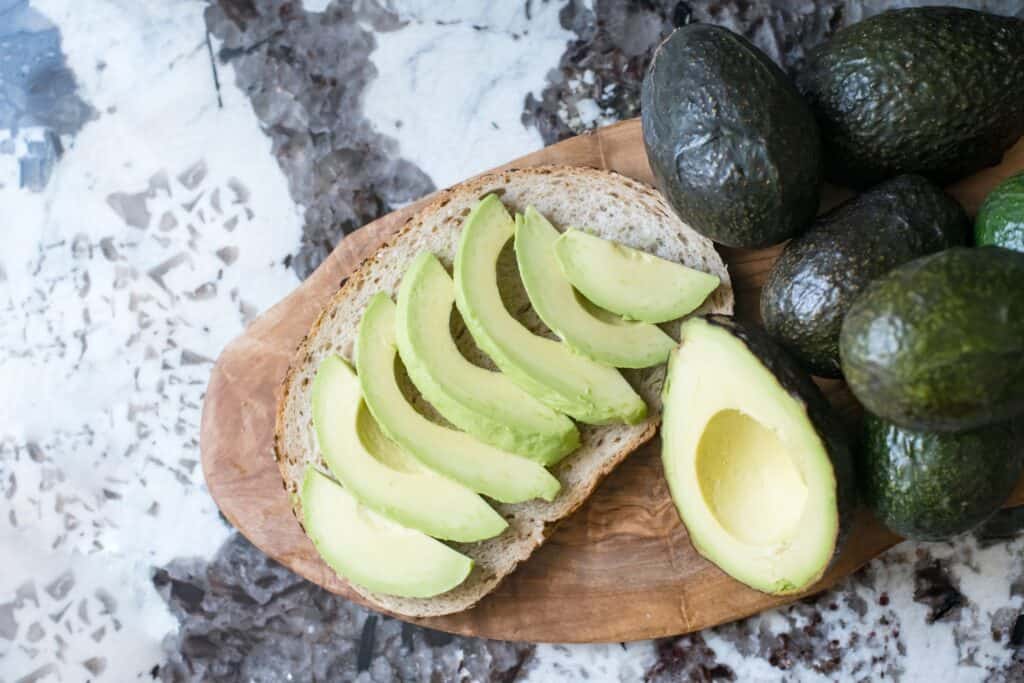
1. They’re Plants
If you don’t eat honey, eggs, and cheese or drink milk, that’s admirable. At the end of the day, honey, eggs, cheese, and milk aren’t plants; they’re animal products. That’s why they’re a no-no among vegans. However, avocados are plants, and what do vegans eat? That’s right, plants.
2. They Have Many Health Benefits
Vegans need to diversify their food as much as possible to have balanced meals. Avocados are great for vegans because they’re highly nutritious. They’re packed with monounsaturated fatty acids, soluble fibre, antioxidants, and essential vitamins. In short, they protect the heart, eyes, colon, stomach, gut, and so much more.
Their fattiness also makes them an animal-friendly, delicious, and healthy alternative to animal milk, butter, mayonnaise, cheese, and cream.
So, by all means, you can include them in vegan smoothies, ice creams, mousses, brownies, and other desserts. Use it as an alternative for mayonnaise, cream, and cheese in sandwiches, egg salads, sauces, and dressing.
3. They’re Better for the Environment than Animal-Based Foods
Avocados aren’t the most sustainable plants. That being said, they’re still better for the environment than livestock farming, which generates 18% of human-produced greenhouse gas emissions around the globe.
So, while we’re not trying to sugarcoat the lack of sustainability in most commercial avocados, they still have a smaller carbon footprint when compared to animal-based foods.
Final Thoughts
As you can see, the debate around avocados and whether they’re vegan or not is quite heated. This is because these fruits, especially if you buy rather than grow them yourself, depend on migratory beekeeping, which is unethical to many vegans.
However, avocados are among many crops that rely on bee pollination. And removing all of them from vegan diets may be risky and unrealistic, especially when they’re packed with beneficial nutrients.
Veganism isn’t easy, and even the founders of this movement realise that some things are just out of our hands. The most important matter is that we do our best.





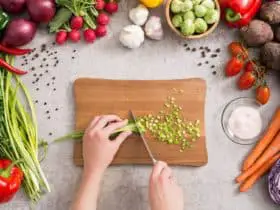
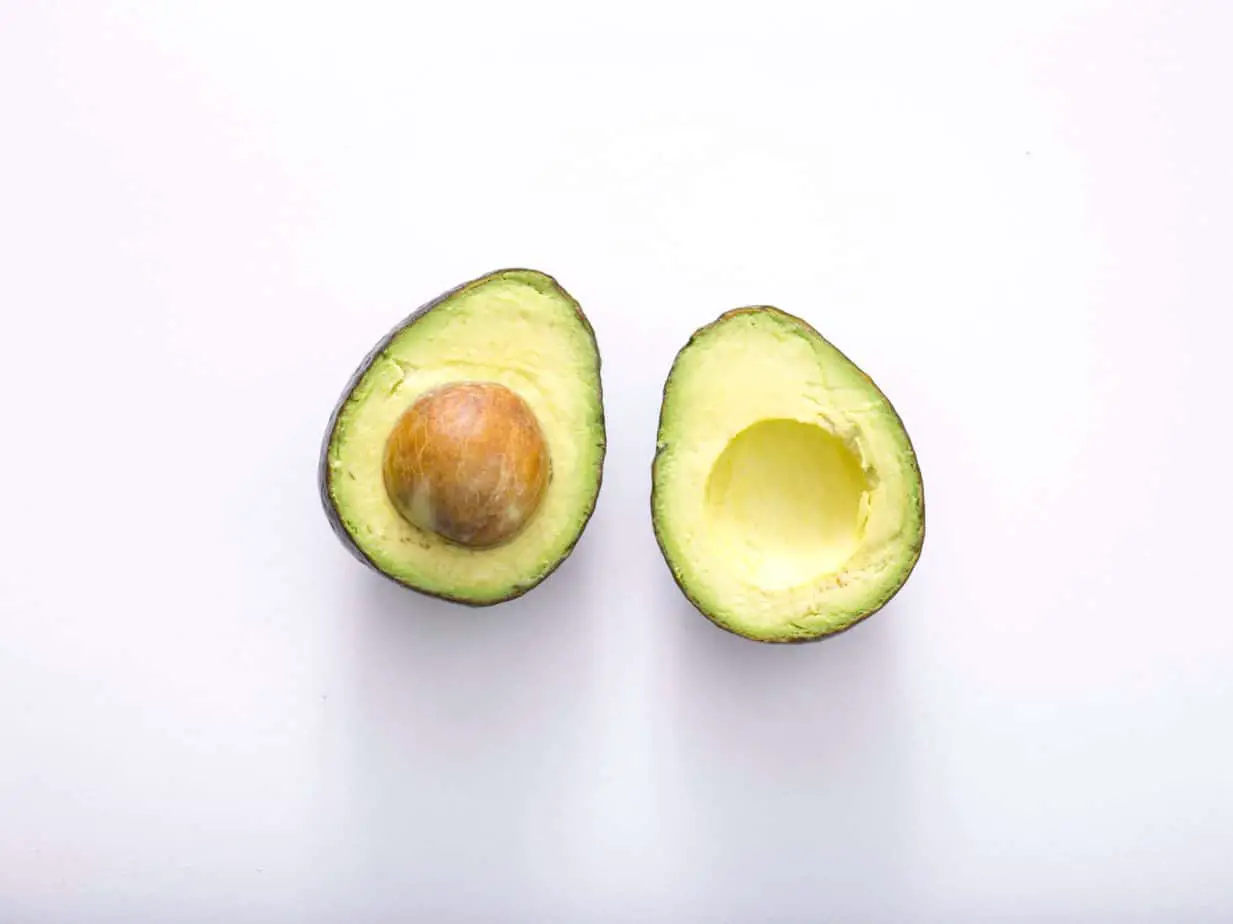


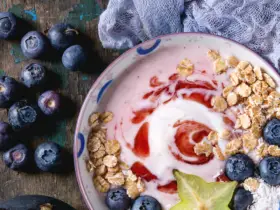
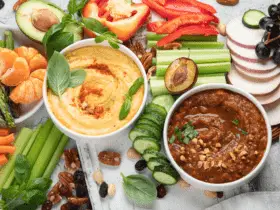
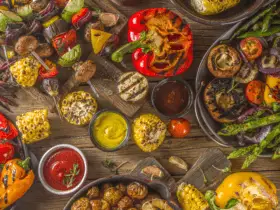
Leave a Reply